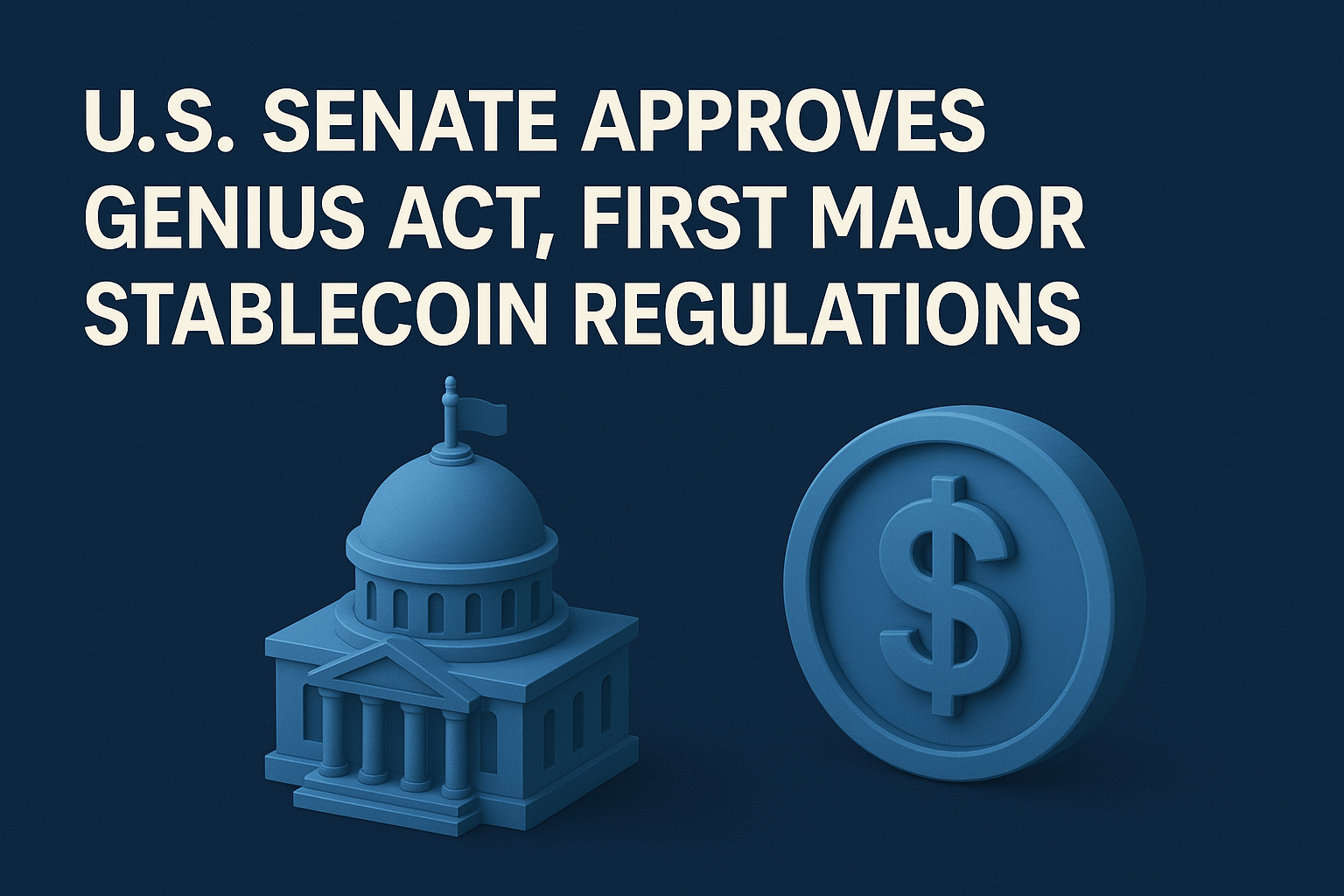In a move to strengthen consumer protections and curb crypto-related misconduct, the Illinois Senate passed the Digital Assets and Consumer Protection Act (SB1797) on April 10 with a 39-17 vote.
Introduced by Senator Mark Walker, the legislation aims to regulate crypto firms operating in Illinois—requiring them to register with the Illinois Department of Financial and Professional Regulation before providing services to residents.
Mandatory Registration and Transparency Requirements for Crypto Companies
Under SB1797, any firm offering digital asset services to Illinois consumers—whether located in-state or out-of-state—must register. The bill also enforces transparency mandates, such as clearly listing fees, insurance status, and disclosing risks like potential fund loss from hacks, fraud, or technical failures.
Crypto exchanges would also be obligated to evaluate token risks, monitor for market manipulation, and report on their listing protocols to the Department.
Strict Asset Segregation and Consumer Safeguards
The bill requires crypto companies to segregate user assets from company funds and prohibits lending or using customer assets without express permission. In cases of bankruptcy, these assets would be treated as trust property, protecting users from potential losses.
Additionally, firms must provide accessible customer service, including toll-free hotlines and structured dispute resolution processes.
A Response to Escalating Crypto Fraud in Illinois
Senator Walker highlighted the bill’s importance amid a growing number of scams in the state. In 2023, Illinois ranked sixth nationally in crypto fraud losses, reporting over 1,900 complaints, according to FBI data.The legislation follows a nationwide trend: California’s AB 1052 and North Dakota’s HB 1447 have introduced similar consumer protections in the past month.










